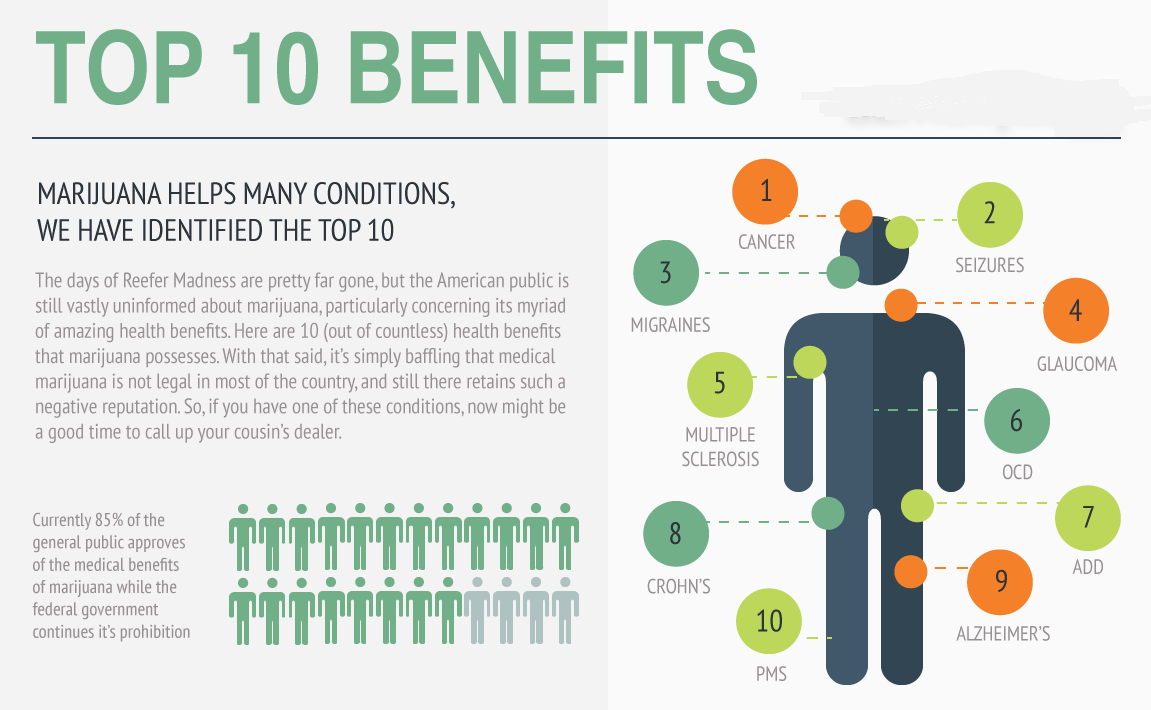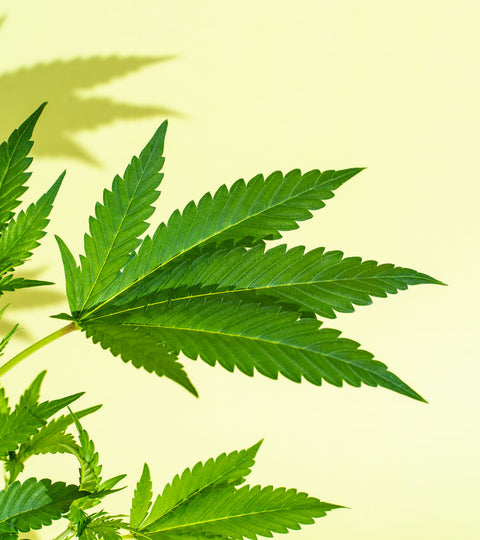
Cannabidiol (CBD), which is the most commonly used in CBD, can stay in your system for up to seven days. Full-spectrum CBD can take up to weeks to get out of your system. It builds up in your body and is then stored as weight. The amount of it that remains in your body depends on how often it was consumed, what you took with it and if you were taking any other medication at the time.
Full-spectrum CBD stays in your system for a few days or weeks
Although full-spectrum CBD products are legal, they won't be detected in most drug tests as it contains THC. However, because some CBD products contain trace amounts of THC, they may cause a positive result on a drug test. It all depends upon the CBD product and metabolic rate. Full-spectrum CBD is also retained in your system for days to weeks, depending upon how much you take.

It is detectable in urine
The urine drug screening is the most popular test that can determine if you have used cannabis. The immunoassay test uses antibodies that latch onto specific metabolites or drugs. This test measures the amount of THC (or the psychoactive component) in your urine. Negative results are those that show THC levels below a predetermined threshold. If the drug screen is positive for THC, it may be necessary to run a second test. The confirmatory test, which uses a second method to measure THC concentration, is more precise.
This can result in false positives when drug testing are done
Cannabidiol (CBD) is a naturally occurring substance derived from the hemp plant, a relative of marijuana. While it doesn't have the intoxicating effects of THC (the intoxicating component), CBD can still be falsely positive in small doses. Cannabidiol can be used to alleviate pain and symptoms by medical marijuana users. THC can also be found in marijuana plants. Up to 5% can be detected in urine from some states.
It is safe to be used
Cannabidiol (or CBD) is a compound found in cannabis plants that can be used to treat a variety of ailments. It is becoming a popular supplement to many people suffering from various ailments due to its numerous benefits. In June 2018, Epidiolex, which is a purified CBD oil, was approved by FDA for epilepsy treatment. It can also be used to treat inflammation and pain. It is currently not legal in all states. However, some dietary supplements contain it.
It isn’t as high-as marijuana.
Cannabidiol (or CBD) is a compound that can be found in marijuana and hemp plants. CBD isn’t associated with the high of tetrahydrocannabinol. CBD's health benefits go well beyond this. Read on to learn more about this wonder substance!

It doesn't cause sedation
Cannabidiol is not known to cause sedation. This can be a relief for sleep disorders like restless leg syndrome and insomnia. This is due to the positive interaction of cannabidiol with the body's natural endocannabinoid. Additionally, it doesn't cause sedation. It has been shown to improve complex sleep-related behaviours in people with rapid eye movement disorder (REM) such as REM sleep.
FAQ
Where can I find CBD products?
You can purchase CBD online or at local retail stores. Online retailers often offer better deals. Many websites will sell CBD products that contain industrial hemp. It contains less than 0.3% of THC.
You can shop locally if you prefer to buy CBD products from brick-and-mortar stores.
A lot of states have passed laws that allow consumers to purchase CBD products without the need for a prescription. CBD products can be purchased at your local pharmacy in some states if you are one of them.
CBD products can be delivered directly to your front door.
What are the most common mistakes companies make when they try to enter the US market for cannabinoid products?
Not understanding the regulations for cannabis products is a first mistake. This could mean that you may have to change your product formulation.
Unskilled labeling is the second. It is important to determine if your product contains CBD or THC.
Third, it is important to understand how to properly package your product. If your product contains THC you should ensure that it's packaged in child-resistant containers.
If your product does NOT contain THC you should still adhere to all packaging laws. There is a lot of states where cannabidiol, or CBD (CBD), is legal.
Remember to keep track of any recalls for your products. Customers should be notified as soon as possible if there are any issues with their product.
What are the best uses for CBD?
The best use for CBD is as an alternative treatment for anxiety. It can be used to treat pain, insomnia and epilepsy as well as inflammation, depression, and many other conditions.
CBD can be taken in many ways. CBD can be consumed in many ways.
There are many benefits to consuming CBD. CBD has been shown to be beneficial for people with chronic pain, anxiety, PTSD, and other conditions.
How can CBD products be successfully promoted by companies in a regulatory-compliant way?
The FDA doesn't regulate hemp as an agricultural commodity. The Controlled Substances Act governs all other cannabis derivatives, such as marijuana. To date, there are no specific regulations for CBD.
CBD is legal at state level in 29 US states. Federal law considers it illegal. Businesses that want to sell CBD products face uncertainty.
The FDA has specific guidelines on how CBD products must be marketed. The FDA requires that all CBD products clearly disclose their THC content. Without scientific evidence, companies cannot claim CBD treats certain medical conditions.
Further, the FDA requires that manufacturers provide information on manufacturing practices and quality controls. Companies are also required to participate in clinical trials in order to demonstrate safety and efficacy.
When developing their own marketing strategies, companies should take into account these points.
What are the best CBD brands?
These top CBD brands were handpicked by us on the basis of quality, reliability and value.
They offer high-quality CBD oil products that contain less than 0.2% THC.
Also, we recommend that you check out our list with the top CBD sellers around the world.
Statistics
- HR −16 mmHg; 95% CI −26, −6; I2 = 92%) (ncbi.nlm.nih.gov)
- As a substance that was federally illegal before the passage of the 2018 Farm Bill, hemp-derived cannabinoids with no more than 0.3% THC still face a regulatory grey area. (forbes.com)
- The use of these products is likely to become even more widespread if the World Health Organization's recommendation that CBD no longer is scheduled in the international drug control conventions is adopted by the United Nations member states [201]. (ncbi.nlm.nih.gov)
- A recent study [161] also found that in vitro CBD treatment (i.e., ≤ 2 h exposure to 10 μM) induced ~40% vasorelaxation in isolated (pre-constricted) (ncbi.nlm.nih.gov)
- A recent systematic review of human trials also reported that individuals with epilepsy receiving CBD (5–20 mg·kg−1·day−1) were more likely to experience decreased appetite than those receiving placebo (i.e., ~20 vs. 5% of patients) (ncbi.nlm.nih.gov)
External Links
How To
How to become certified for selling CBD products
CBD (cannabidiol), a cannabinoid found in cannabis plants, is just one of the many. It's been used medicinally throughout history, including traditionally in China, India, and many South American countries. Due to its ability treat conditions like anxiety and pain, epilepsy, inflammation, and other ailments, it has become increasingly popular. If you're looking to sell CBD products, however, there isn't an official certification program. At least not in the U.S.
There are two ways you can go about it. First, join a local canna-business owner association. This will allow you to share your knowledge with others, as well as receive advice and support. There are many associations in the country. Second, you can go online. Most states now allow canna-businesses to operate online. You can create your own website and start taking orders immediately if you are allowed to do so. But, you still need to register with your state's Department of Public Health. Once you've registered, you'll be able to apply for a license through your state's department of public health. Once you receive your license, you're officially allowed to open your store and begin accepting orders.